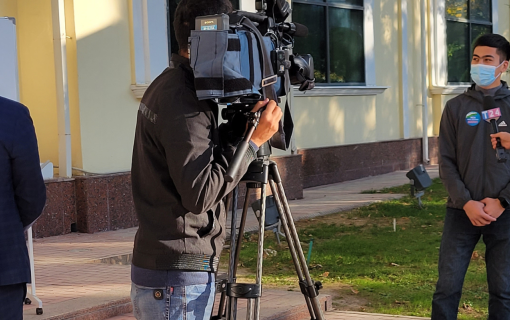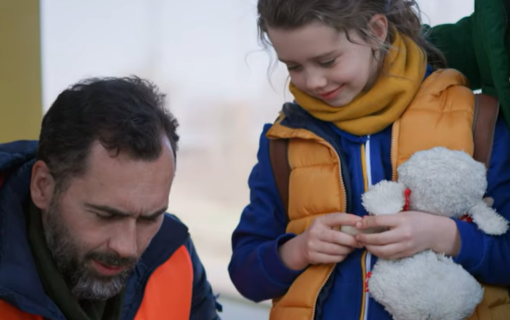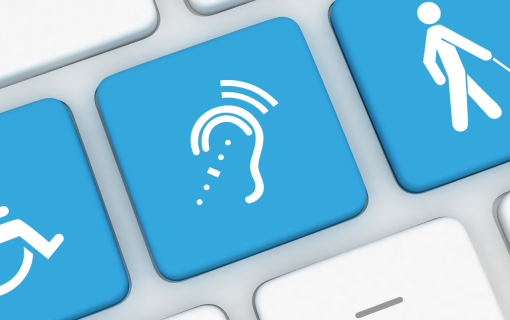Inspiring Youth to Take a Seat at the Table: A Q&A with Judith Lobos
Judith Lobos, a professor in political science and social research, has over 20 years of experience supporting electoral processes in Latin America. Her work has emphasized citizen participation and youth engagement. She collaborated with IFES in Honduras while supporting voter education efforts engaging youth and indigenous populations for the recent presidential elections.
While working with IFES, Lobos managed the Supreme Electoral Tribunal (TSE) mobile units that provided citizens voter information. She engaged local youth to run the units that were deployed across the country. She also integrated town hall meetings and fairs where youth were present – to encourage their engagement in the electoral process.
In this Q&A she talks to us about the best ways to reach youth and give them a seat at the table.
How did you get into this field?
For the 20 years leading up to 2008, I worked at the Organization of American States (OAS) as the Elections Technical Assistance Coordinator. My projects included elements of citizen participation, especially youth.
Since my work at the OAS, I have worked with other international organizations like IFES and served as a consultant to election management bodies. In all of the projects I have worked on, there has always been a component involving youth in the electoral process.
For example, we worked with university students during the 2011 election in Guatemala and the 2012 elections in Honduras. During the November 2013 elections in Honduras, youth were a target group in our voter education project.
Why is it so important to include youth in the political process?
In Latin America, the political and electoral participation of youth has always been a point of interest, especially during elections. Youth apathy is a problem electoral management bodies, political parties and civil society combat every four years.
With a few exceptions, most countries in the region see marginal political participation from youth. They have little involvement in politics and often do not vote. Youth cite many reasons for this outlook, including lack of trust in political parties, the electoral system, politicians and the electoral process. Because of this, it is necessary create spaces that allow youth to begin their engagement in an informal way. We do this through activities that get youth out and into the community, disseminating information, building capacity and exercising their political rights.
What was youth participation like during the November 2013 election?
In Honduras, youth under 24 make up the majority of the voter list; there are 1,163,589 names on the list. Unfortunately, this is also the population that votes the least. That said, there are many youth-lead civil society organizations that want to effect change. This illustrates that young people are not apathetic; many are just looking for ways to participate. Unfortunately, they have few opportunities to express themselves and contribute regularly.
With this in mind, we wanted to give youth the opportunity to be active in the electoral process. We incentivize them by creating spaces and new opportunities where they can participate and be part of social transformation in public, political and electoral realms.
What are the best ways to reach youth?
Youth must feel their participation is useful and will help the country. They need to believe they are respected, their opinion matters and their participation will produce tangible results.
As adults, we must be conscious of the fact that youth participation must be about legitimizing and empowering. We must create the space for their active participation and compromise, where necessary.
What are the best messages/ways to motive youth and drive them to participate?
In any country, youth represent and create change, which is why it is important to identify crosscutting themes in youth discourse.
I think young people are currently characterized by a desire to improve the world, make it green and make it a place with fewer inequalities. Often, they do not know how to achieve these goals. As adults, we should guide them, take their viewpoint into consideration, provide opportunities to participate and reduce obstacles to effective involvement.
The most important thing is that young people feel comfortable participating in political life and remain tolerant of new viewpoints without letting go of their ideals.









